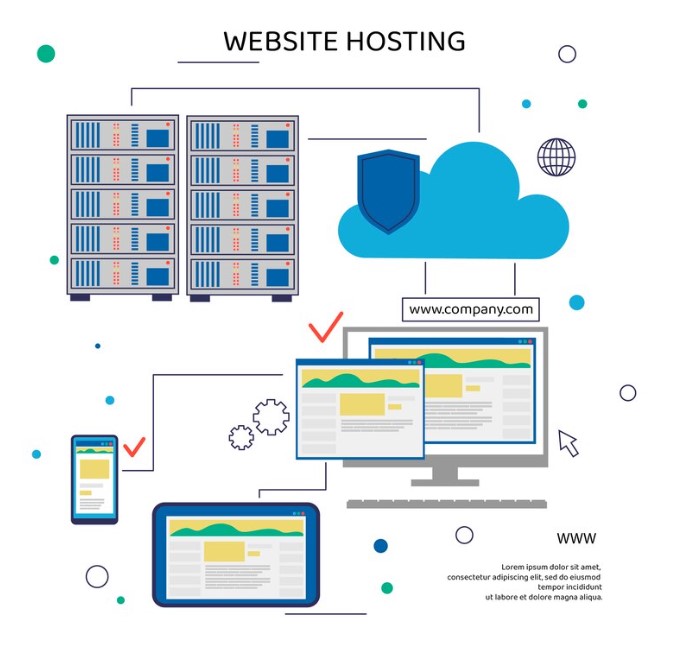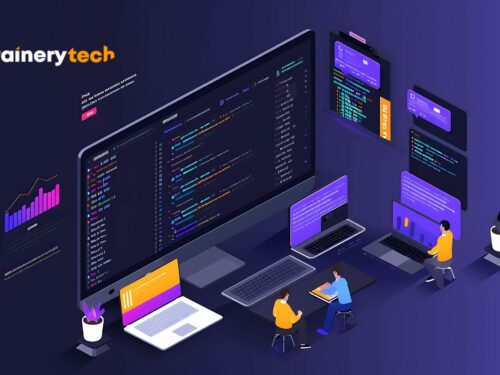Now more than ever, people rely on fast loading web pages, especially since website speed impacts on its rank. If your site runs slowly then your ranking in the Google search results will be lesser and cause less people to visit your website. Below are some practical recommendations that can generate a huge difference for your website on its manner of working:

1. Optimize Images:
Unoptimized large images are one of the biggest causes of slow loading of web pages. Using compressed & optimized images, I found out that the time taken to load the page decreased while maintaining quality where necessary. This optimization is an essential parameter for each variant of the site, for both a desktop and mobile audience.
2. Maximize use of Content Delivery Networks (CDNs):
A CDN can really make your site faster if the content is served from different points of presence around the globe. This cuts down the proximity of your users to the server making your page loading faster and providing a good user interface.
3. Minimize HTTP Requests:
In most cases, each of your site’s files, including images, scripts, and stylesheets, is requested with HTTP. You can therefore minimize the occurrence of such requests, or if they have to be made, you can group them so that the number of requests being made is limited so that your website loads faster.


4. Enable Gzip Compression:
Gzip is the script that makes your HTML, CSS and JS files significantly smaller or compressed, thus meaning they will take lesser time to load. Here, it is easy to see that small files result in faster loading and this could lead to a better rank on the search engines.
5. Implement Browser Caching:
Browser caching is a technique where some of the resources of your website are saved on the client aspect to minimize amount of data that they have to download time and again. This increases the speed of loading of the page within the subsequent visits by the same user and thus increases the experience of the visitor.
6. Minify and Combine CSS and JavaScript Files:
Optimize all CSS and JavaScript files to be as small as possible and to reduce the count of requests for these files. Removing whites and comments from the code is the main advantage of minifying, and use of multiple files is less advantages of combining multiple files into one. Both practices assist in the loading of your webpage

7. Defer JavaScript Loading:
Asynchronous JavaScript means delaying the loading of JavaScript files until the main content of the site loads, thus minimizing render-blocking. This is beneficial especially when enhancing the working of an application in the small screen devices.
8. Choose a Reliable Hosting Provider:
The hosting provider you choose has a great say in the speed of your website. Choose a hosting solution that is dependable besides delivering fast server reactions especially during peak traffic.
9. Reduce Server Response Time:
This is another aspect which can somehow impact your site’s speed and consequently your search rankings: slow server response time. Reduce this delay by gaining more control on your server settings, upgrading related hardware if required, or moving to a much better host company.

10. Implement Lazy Loading:
Lazy loading means that the images and other types of content that a page contains are loaded as late as possible, which permits for faster initial loading of the page. It is particularly useful for pages with a lot of images and other graphics used where the execution is smoother and quicker for the users.
11. Optimize for Mobile Speed:
Google with its mobile first index now pays much attention to the speed and usability of a mobile site. To make it easy for mobile users, try to follow the Google’s mobile page speed test and check its rating frequently.
12. Enable File Compression:
This means files which are usually big are compressed in order to be downloaded in a short time. This step is especially important for web sites with intricate media content that can otherwise cause a web page to take ages to load.
13. Minimize Time to First Byte (TTFB):
It is critical to pin efforts on these major approaches in order to produce impressive changes to the position of your website on Google search results pages. Besides, your site will be fast, and the result will be more engaged users, less bounce rate and better search result ranking. Being able to start optimizing now will for sure see your site soaring high in the Google results.

It is critical to pin efforts on these major approaches in order to produce impressive changes to the position of your website on Google search results pages. Besides, your site will be fast, and the result will be more engaged users, less bounce rate and better search result ranking. Being able to start optimizing now will for sure see your site soaring high in the Google results.






